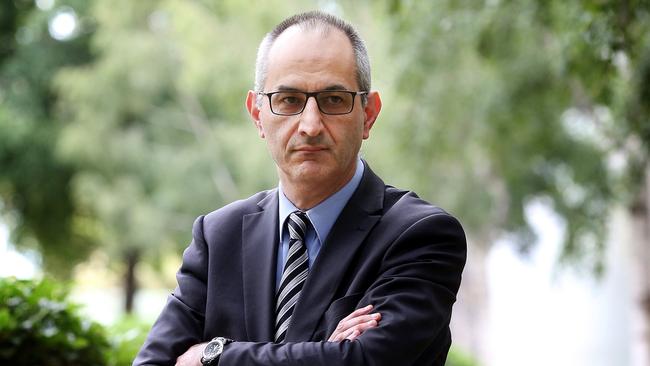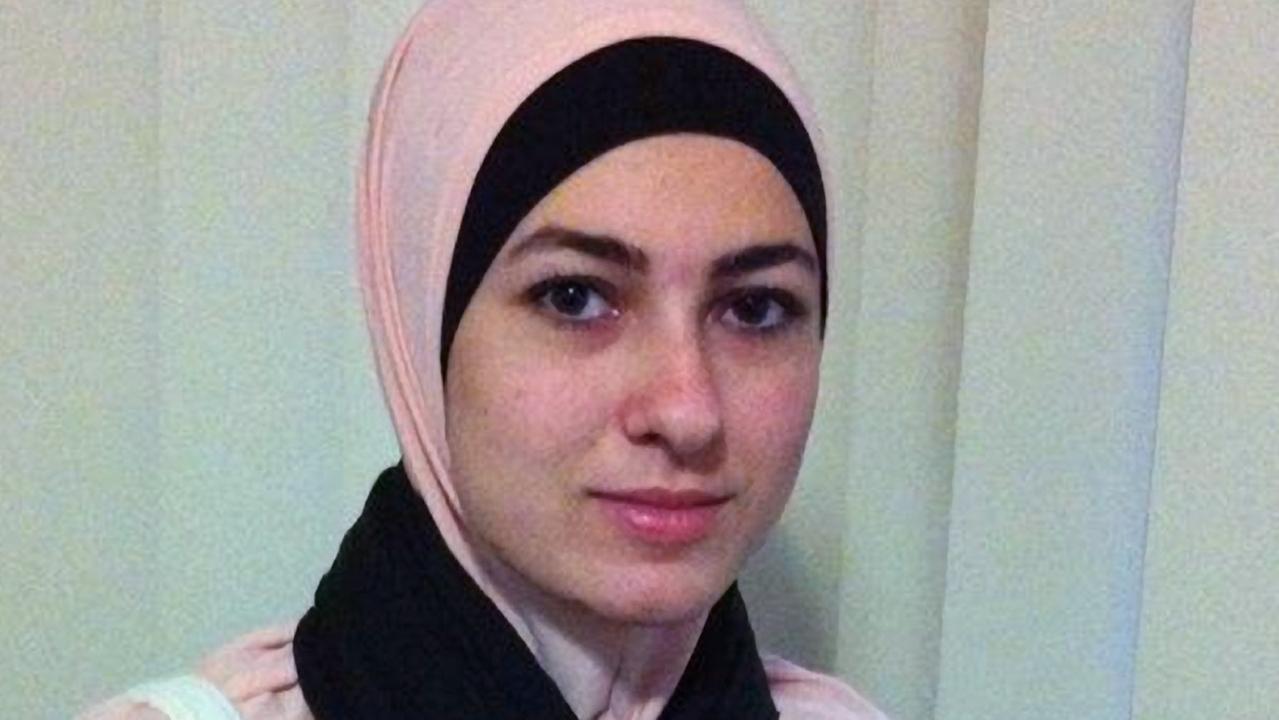Five Eyes data detectives to keep watch over immigration
Australia will host a major meeting of the Five Eyes security partners that will focus on immigration and national security.

Australia will host a major meeting of the Five Eyes security partners in August to be headlined by “trail-blazing” initiatives across immigration and national security, the head of the Home Affairs Department says.
The meeting of ministers from Australia, Canada, New Zealand, Britain and the US comes as a debate on immigration in Europe threatens German Chancellor Angela Merkel’s hold on power and amid tensions in the US.
Home Affairs secretary Michael Pezzullo last week warned that the five countries were “doing much, but not quickly enough” to plug legal gaps in their approaches to immigration, intelligence, national security and diplomacy that could be exploited by terror groups and transnational crime networks.
“In rethinking the security function of the state, we need to integrate all of our tools of national power, including the cloak and the dagger, the data scientist and the detective, the border officer and the diplomat,” Mr Pezzullo said.
Home Affairs Minister Peter Dutton and Attorney-General Christian Porter will attend the meeting in Sydney, which will also involve leaders from the US Department of Homeland Security. “This ministerial grouping has quickly established itself as the pre-eminent ministerial grouping within the Five Eyes architecture, and the meeting in Australia in August will be a trail-blazing one in terms of significantly advancing transnational security collaboration across a broad range of functional problems and mission areas,” Mr Pezzullo said.
“This week I am consulting closely with senior US colleagues … and I am very confident that the meeting in Australia will be a pivotal one for the five nations involved and perhaps of interest to other like-minded partners who may wish … to join us in some of our initiatives.”
In the colourful speech referencing Batman and evolutionary biology, Mr Pezzullo said data analysis was key to new approaches to halting crime and terrorism.
“We are not rapidly enough integrating our efforts across agencies, sectors and vectors,” he said. “We have to rethink our approach to risk, building on the tremendous advances of recent years, but recognising that we are probably only at the base camp of the climb to the summit of best practice in data analytics and risk modelling.”
Debate over Australia’s immigration rate was rekindled this year when The Australian reported Mr Dutton had canvassed with colleagues changes to the intake.
Australia’s intake is falling, and is substantially below the 190,000 planned figure this financial year. A recent poll of 1200 people has found for the first time that a majority of Australians oppose the current immigration rate. In Germany, Mrs Merkel’s coalition is in crisis talks over Interior Minister Horst Seehofer’s plan to reject migrants who have registered in other EU states, contrary to her prior open-door stance.
Australia’s former Immigration deputy secretary Abul Rizvi says such pressures in Europe may see more nations look at Canberra’s approach, such as border protection, and migrant selection and processing.
“There is discussion about Australia’s approach … exactly where they are up to in terms of picking those ideas up, I don’t know, I think we’ll see those emerge over a period of time. Certainly the pressures in Europe at the moment may accelerate decisions down that path,” he told The Australian.
Mr Rizvi was critical of Mr Pezzullo’s focus on threats rather than the social, economic and humanitarian aspects of migration. “Because of the decisions Mr Dutton has taken in terms of … the size of the program, he’s reduced it much more significantly than I think people have recognised,” he said.


